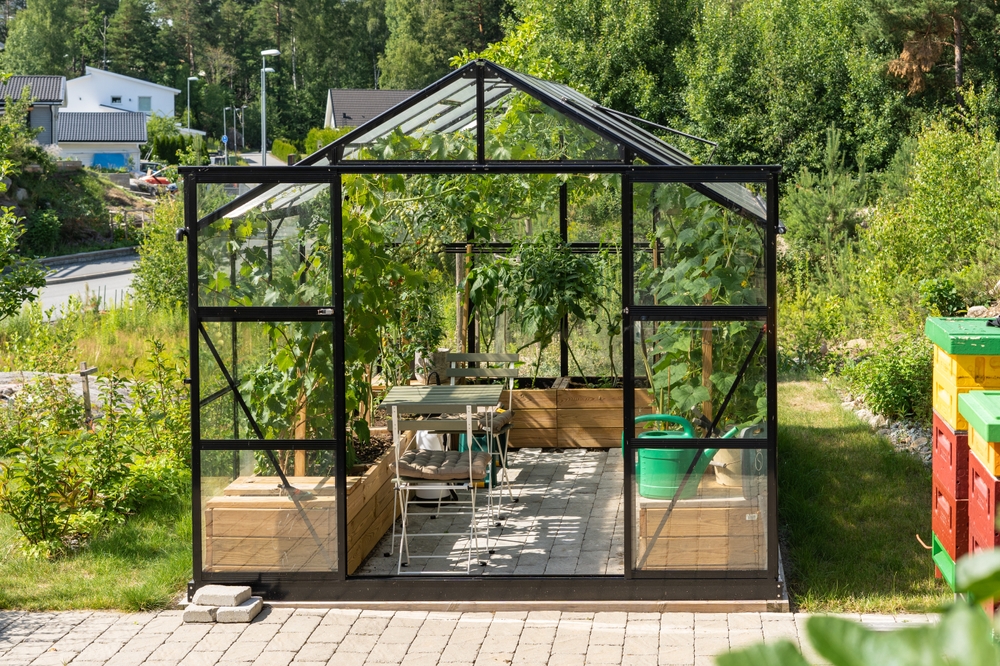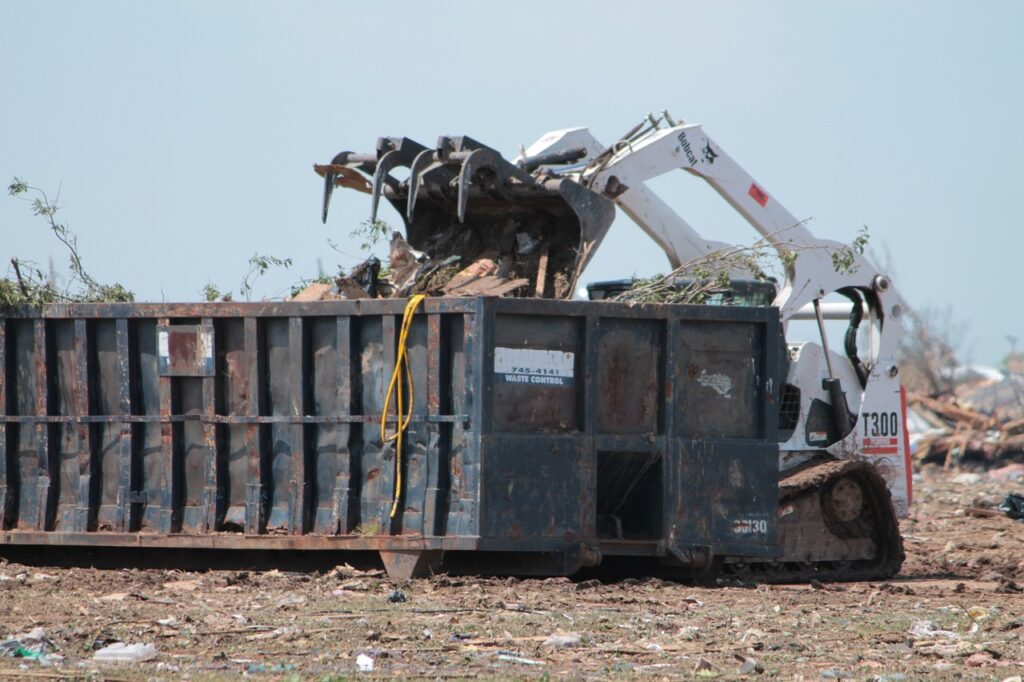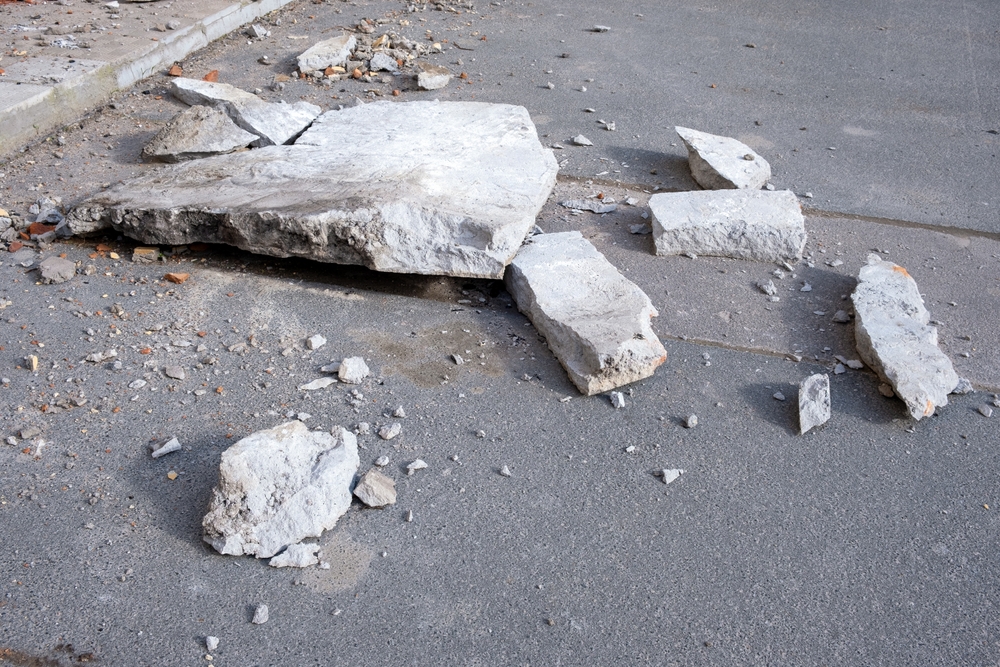February 12, 2024 - Benjamin Ehinger
Trash Container Rental: Your Ultimate Guide to Hassle-Free Waste Management
CALL NOW 844-762-8449
When embarking on a construction project, large cleanout, or renovation, managing waste is an integral part of the process. Trash container rental, also known as roll off dumpster rental, is a service that provides you with a temporary waste container suitable for both residential and commercial projects. These rentals are particularly useful for accumulating and efficiently disposing of large volumes of waste. Often available in various sizes to accommodate different scales of waste generation, smaller dumpster sizes typically align with these rental services, allowing you to select the size that best fits your project’s requirements.
Understanding how to rent a dumpster is straightforward. You can easily schedule the delivery and pickup of the container to coincide with your project’s timeline. Before renting, it’s important to be aware of certain regulations and restrictions that might apply to the types of waste you can dispose of, as well as where you can place your dumpster. Additionally, cost considerations will play a role in your rental decision, as prices can vary depending on dumpster size, rental duration, and the materials you intend to discard.
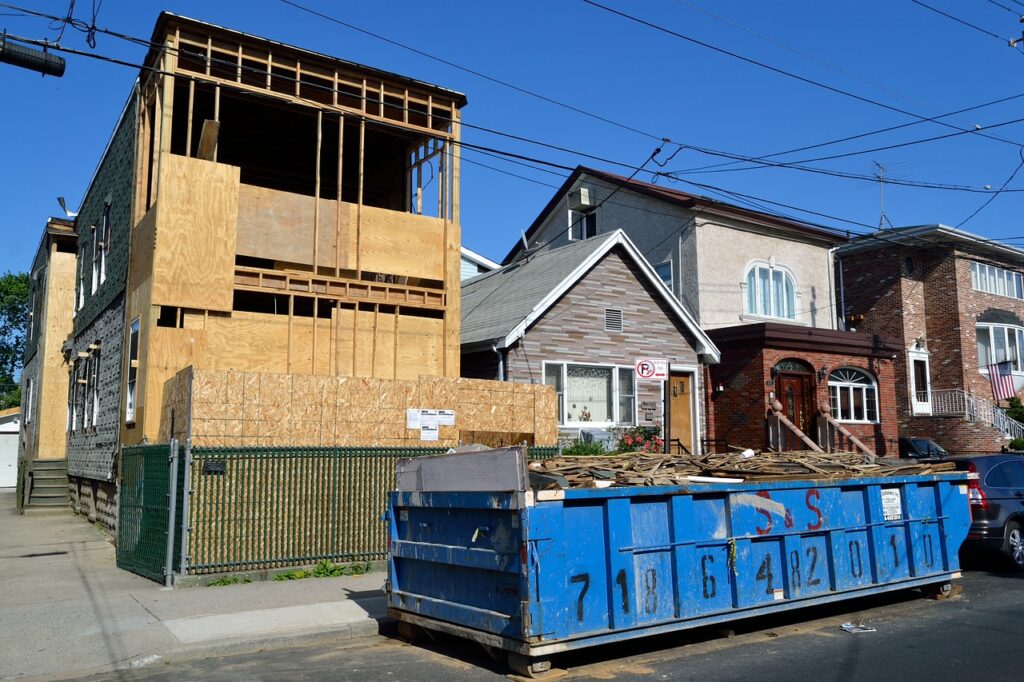 When renting a trash container, you must navigate a web of local regulations and correctly dispose of materials. Understanding the legalities and restrictions ensures compliance and avoids fines.
When renting a trash container, you must navigate a web of local regulations and correctly dispose of materials. Understanding the legalities and restrictions ensures compliance and avoids fines.
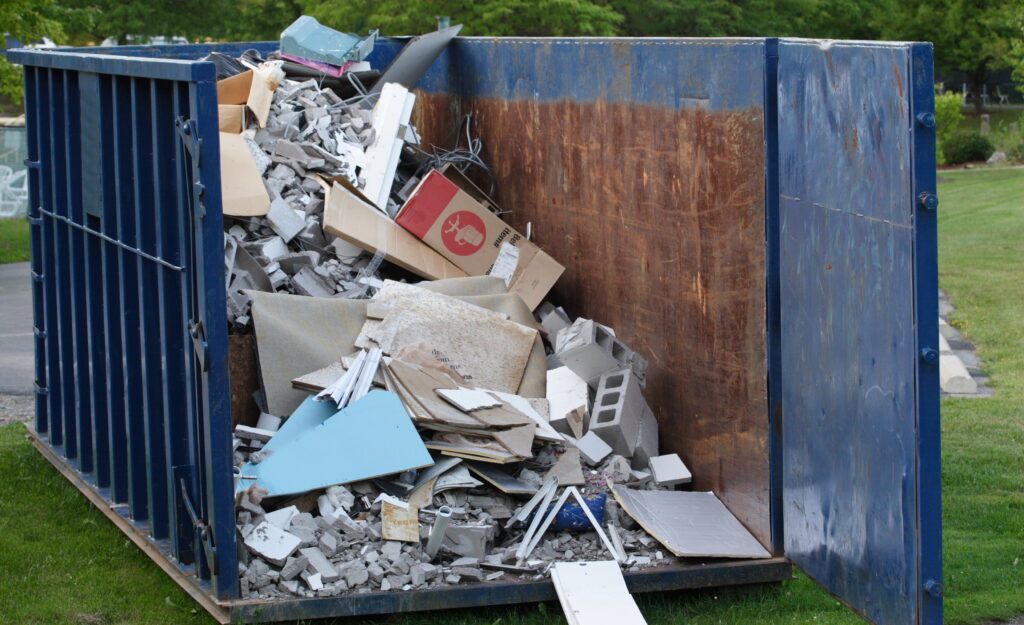 When considering a trash container rental, understanding the cost structure is crucial to budget effectively and avoid unexpected expenses.
When considering a trash container rental, understanding the cost structure is crucial to budget effectively and avoid unexpected expenses.
Key Takeaways
- Trash container rental simplifies waste management for various project sizes.
- Regulations and the rental process are straightforward but important to review.
- Costs can vary, so it’s beneficial to compare options for your specific needs.
Understanding Trash Container Rental
When considering a trash container rental, it is crucial to recognize the various types available, the rental duration options, and other key factors that influence your rental. This knowledge ensures you choose the right container for your needs and budget.Types of Trash Containers
There are several types of trash containers you can rent, each suited to different waste disposal needs:- Residential Dumpster Rentals: Ideal for home renovation projects or clean-outs.
- Construction Dumpster Rentals: Designed to handle heavy materials from construction sites like wood, metal, and concrete.
- Yard Waste Dumpster Rentals: These are used for disposing of organic waste such as leaves, branches, and grass clippings.
- Concrete Dumpster Rentals: Reinforced containers for heavy materials such as concrete, asphalt, and dirt.
- Roofing Dumpster Rentals: Specifically for roofing materials like shingles and underlayment.
Rental Duration Options
Rental periods for dumpster rentals typically vary according to the provider and your specific needs. Common durations include:- Short-Term Rentals: Often for periods ranging from a day to a week, suitable for quick projects.
- Long-Term Rentals: For ongoing projects, you can rent containers for several weeks or a month, with the option to schedule empty-and-return service if needed.
Key Factors in Container Rental
When renting a trash container, consider these key factors to ensure you make an informed decision:- Size of the Dumpster: Match the size to your project to avoid extra fees for overflow or for renting a larger size than necessary.
- Type of Waste: Different dumpsters are designed for various materials—make sure you get one that’s appropriate for your waste.
- Local Regulations: Know the regulations in your area about waste disposal and dumpster placement to avoid fines.
The Rental Process
Renting a trash container is streamlined to ensure you get the necessary waste solutions efficiently. The following outlines the steps to secure the ideal container for your project’s needs.How to Choose the Right Container
To select the appropriate container size, assess the scope of your waste removal requirements. Resist the urge to underestimate your needs—choosing a dumpster that is too small can lead to overloading issues. Common container sizes range from 10 to 40 cubic yards. Providers like Waste Removal USA offer a variety of sizes, ensuring that you can find the right fit for residential or commercial projects.Reservation and Delivery
Once you’ve determined the right size, booking your container is the next step. You can order your trash container rental with ease, scheduling a delivery date that suits your project timeline. Ensure that the delivery area is accessible and clear of any obstacles that could impede the drop-off or pickup. Verify with Waste Removal USA what materials are permissible to dispose of in your rented container.Pick-Up and Disposal
When your project is complete, or your container is full, arrange for a collection service. Make certain that your waste is within the container limits and does not exceed the rim. Overloaded containers may result in additional fees or service delays. Waste Removal USA will then manage the removal and proper disposal of your waste, adhering to local regulations and environmental guidelines.Regulations and Restrictions
 When renting a trash container, you must navigate a web of local regulations and correctly dispose of materials. Understanding the legalities and restrictions ensures compliance and avoids fines.
When renting a trash container, you must navigate a web of local regulations and correctly dispose of materials. Understanding the legalities and restrictions ensures compliance and avoids fines.
Permits and Local Laws
Local Permits: You may need a permit to place a dumpster on public property, such as a street or sidewalk. Each city has unique requirements regarding permits, so it’s crucial to check with your local building department or public works office. Zoning Regulations: Your ability to place a dumpster could be affected by local zoning laws, which are put in place to designate specific areas for different types of use.Prohibited Materials
Hazardous Waste: Materials such as paints, solvents, asbestos, and other hazardous substances are typically not allowed in a dumpster for safety and environmental reasons. Other Restrictions: Even non-hazardous items like tires, mattresses, and appliances may be prohibited or incur additional fees. The list of prohibited items can vary by rental company and location, so it’s essential to confirm before disposal.Cost Considerations
 When considering a trash container rental, understanding the cost structure is crucial to budget effectively and avoid unexpected expenses.
When considering a trash container rental, understanding the cost structure is crucial to budget effectively and avoid unexpected expenses.
Pricing Structures
Flat-Fee Pricing: A flat-fee pricing model offers a straightforward rate with no hidden costs — typically bundling the rental period, delivery, pickup, and a set weight limit. However, if your debris exceeds the weight allowance, additional charges may apply. Variable Rate: Alternatively, some services may charge based on the actual weight of the trash in the container. This can be cost-effective if you’re disposing of lighter materials but could be more expensive for heavier waste.Additional Fees
- Overage Charges: If your debris surpasses the weight included in your flat-fee rate, expect overage fees for each extra ton.
- Extended Rental Fees: Fees are also incurred for keeping the dumpster beyond the agreed rental period.
- Prohibited Items Fees: Disposing of certain prohibited items, such as hazardous waste, can result in significant penalties.
Cost-Saving Tips
- Estimate Waste Accurately: You can minimize costs by choosing the right container size for your project; too large, and you pay for unused space — too small, and overage fees may apply.
- Share a Dumpster: If your neighbors also have waste to dispose of, sharing a dumpster can split the rental costs.
Frequently Asked Questions About Trash Container Rentals
What are the typical sizes available for dumpster rentals?
Dumpster rentals typically come in various sizes, including 10, 20, 30, and 40 cubic yards. Each size is suitable for different types and amounts of debris, from small home cleanouts to large construction projects.How do I determine the right size dumpster for my project?
To choose the right dumpster size, consider the scope of your project and the type of material you’ll be disposing of. For small renovations or cleanouts, a 10-yard dumpster may suffice, while large-scale demolitions will require a 30-yard dumpster or 40-yard dumpster.What factors influence the cost of renting a dumpster?
The cost of renting a dumpster will depend on various factors, including the dumpster’s size, the type and weight of debris, rental duration, and your location.Can I rent a dumpster for residential use, and what should I know before doing so?
Yes, you can rent a dumpster for residential use. Before renting, ensure you have sufficient space for placement and check if you need a permit for your area, especially if you’ll place the dumpster on a public street.What is the procedure for renting a dumpster in a specific locality?
The procedure for dumpster rental involves choosing a provider, selecting the appropriate size, scheduling delivery, filling the container, and arranging for its pickup. Local regulations may require permits, so it’s important to confirm with the dumpster rental company for specific guidelines.Are there seasonal variations in dumpster rental prices or availability?
Seasonal variations can affect dumpster rental prices and availability, with demand often increasing during spring and fall. Planning ahead can ensure you secure the dumpster size you need without overpaying.RECENT BLOGS
Our Reviews
Glenda Lanier Prowell
1721758635
I have ordered an 11 yard dumpster to be delivered to my house.Lonier was extremely helpful and answered all my questions. The rate was very reasonable.
Cedric Smikle
1721660395
Amber was extremely professional and courteous. She answered all of my questions and even some that I didn’t know I needed to ask.
Cait Kaider
1721243051
I highly recommend Waste Removal USA for their responsiveness and how the staff work hard to provide exceptional customer service. They have done well by us and our clients. Thank you!
Easom Family
1721223306
Louiner Pierre-Louis Is awesome! Did a great job. Will definitely be using this same company for all my dumpster needs because of his awesome customer service! Thank you!!!
tabitha Vazquez
1720539988
Wonderful and fast customer service!
LATEST BLOGS
